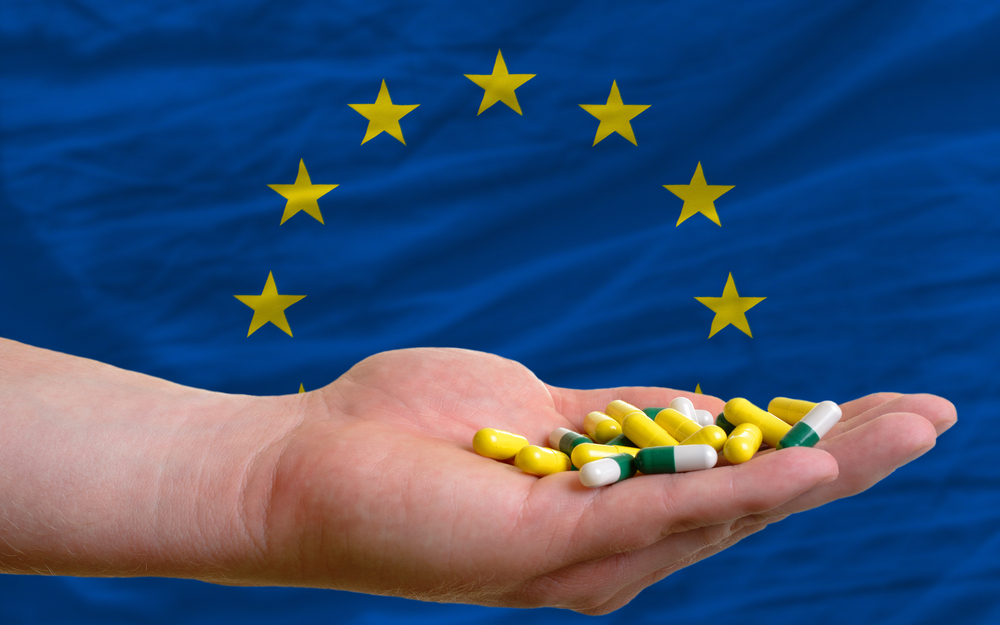The European Union has formally launched a partnership on One Health Antibacterial Resistance (OHAMR), a 253 million euro research and innovation programme designed to combat the growing threat of antibiotic resistance.
Supported by 75 million euros in a joint investigation from Horizon Europe, the 10-year initiative is one of the EU’s most ambitious and coordinated efforts to date to tackle this urgent global health challenge.
Commenting on the Landmark Initiative, Ekaterina Zaharieva, European Commissioner for Startups, Research and Innovation, said:
“This partnership embodies our commitment to stepping out, innovating and protecting the foundations of modern medicine.”
Why antibacterial resistance requires action
Antibiotic resistance, or AMR, occurs when bacteria, viruses, fungi, and parasites effectively adapt and render treatment.
Antibiotic misuse, weak infection control, and limited diagnostic tools are all accelerating the rise. The outcome is devastating.
In the EU alone, AMR is responsible for more than 35,000 deaths each year, but in 2019 the global figure reached 1.27 million.
The forecast warns of up to 10 million deaths annually by 2050, along with serious tensions over the health care system and economic stability.
Building on past achievements
The new partnership is based on more than a decade of European collaborations. The Joint Programming Initiative on Antibacterial Resistance (JPIAMR) has already invested 180 million euros since 2011, promoting cross-border research.
Meanwhile, Horizon 2020 and Horizon Europe are contributing to 1.18 billion euro projects for 416 projects focusing on improving the prevention, detection and treatment of resistant infections. Ohamr is currently integrating these efforts under a broader, more strategic framework.
One Health Approach
Coordinated by the Swedish Research Council, Ohamr brings together 53 organizations from 30 countries.
At its heart is the “one health” philosophy, recognizing the deep connection between human, animal and environmental health.
The program aims to accelerate practical solutions that reduce both antibiotic use and resistance by promoting collaboration between sectors.
Planned activities include initiating joint transnational research calls, strengthening national research capabilities, promoting translation of knowledge into practice and policy, supporting better access to AMR data, and the maximum impact of European and national action.
Strengthen Europe’s role in life sciences
The partnership is also in line with European Life Sciences’ strategy, which aims to position the EU as one of the world’s leading hubs of health innovation by 2030.
By supporting the development and intake of new tools and treatments, OHAMR will help Europe stay at the forefront of global AMR research and contribute to the implementation of the 2017 European One Health Action Plan and the 2023 Council’s recommendations on AMR.
Antibiotic resistance is a global crisis, but solutions require coordinated local action. Through OHAMR, the EU is sending a clear message. Working on AMR calls for long-term investment, international cooperation and an unwavering commitment to protecting modern medicine for future generations.
Source link

